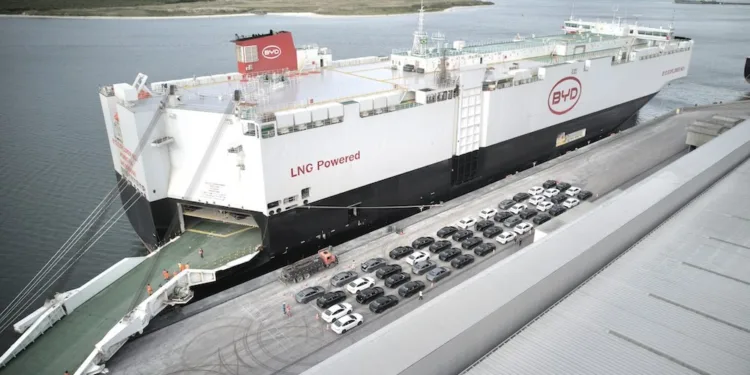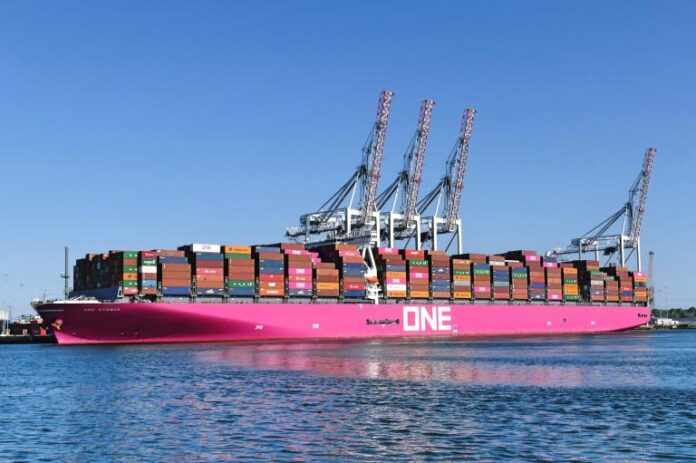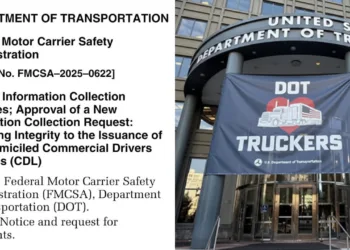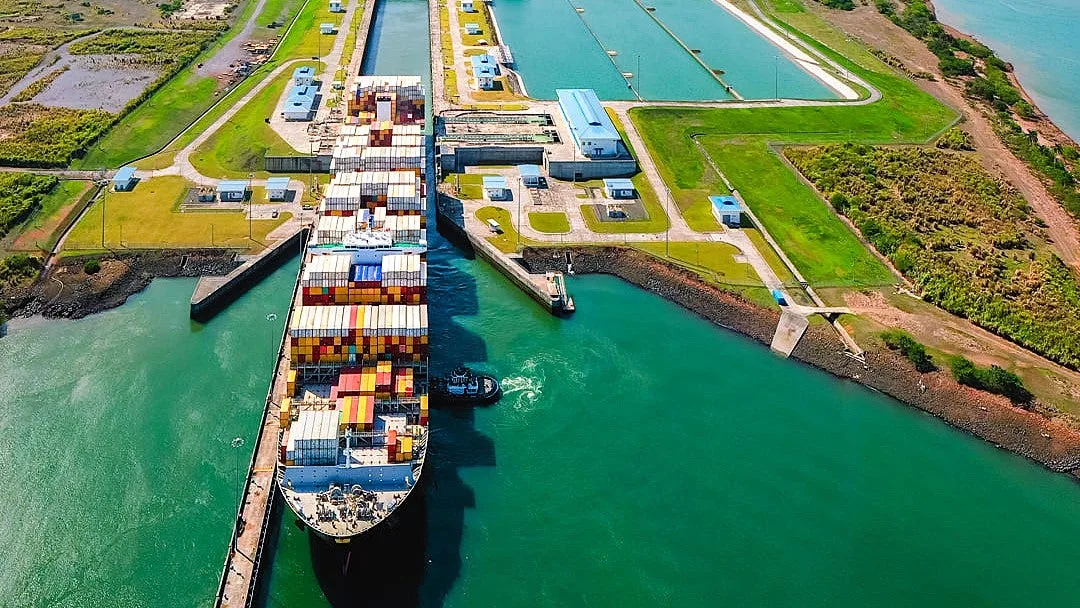Mexico is preparing to more than double tariffs on cars from China and several other Asian countries, with duties rising from 20% to 50% under a proposal sent to Congress by President Claudia Sheinbaum. The draft bill, expected to pass given the government’s majority, would take effect 30 days after approval and cover about $52bn worth of imports from countries without free trade agreements with Mexico.
Economy minister Marcelo Ebrard said the measures are meant to protect Mexico’s auto industry, which makes up nearly a quarter of national manufacturing output. “The Mexican automotive industry is 23% of national manufacturing. So we have to protect it. One of the ways to protect it is to increase the tariffs that these light vehicles pay,” he said. The government argues the changes will safeguard around 325,000 industrial and manufacturing jobs at risk.
The plan would also hit steel, motorcycles, textiles and toys, with levies ranging from 10% to 50%. Mexican auto imports come primarily from China, but the list of countries targeted also includes India, Indonesia, Russia, South Korea, Thailand and Turkey. Vehicles from the US and Canada will remain tariff-free under USMCA, while Japanese and European brands are exempt thanks to trade deals.
China, which supplies nearly one-fifth of cars sold in Mexico and which has had one of the fastest-growing container tradelanes with the country in recent years, has warned of countermeasures. The commerce ministry in Beijing urged Mexico to “think twice before acting,” stressing that the two nations are “mutually important trade partners.” The foreign ministry added: “We will resolutely safeguard our own rights and interests in accordance with the actual situation.”
Industry observers say the tariff hike is designed to bolster domestic production but also aligns with Washington’s pressure on Mexico to curb Chinese industrial expansion. Washington has been pressing Mexico to stop acting as a “backdoor” for Chinese goods into the US market, where steep duties already apply.
“Should a Mexico/China trade war emerge, this will add further negative pressure on demand on the Pacific trade,” Lars Jensen of Vespucci Maritime, commented via LinkedIn.
Former Mexican ambassador to China Jorge Guajardo argued the move is domestically driven. “These tariffs are in response to Mexican industry asking for them,” he wrote on LinkedIn. “They have nothing to do with the US. It’s weird, but sometimes countries actually act in their own self-interest. Who knew?”
The tariff push forms part of a broader review of more than 1,400 imports from non-trade partner countries as part of budget planning for 2026, finance minister Edgar Amador Zamora said on 9 September. The proposal will be formally sent to Congress for approval early next year.
The debate comes as the USMCA is due for review in 2026, a key test for Sheinbaum’s new administration. Mexico’s move mirrors Brazil’s recent steps to shield its carmakers. From July 2026, Brazil will impose a unified 35% tariff on imported electric vehicles, up from 25% on fully electric and as much as 30% on hybrids – a change expected to hit Chinese automakers hardest.



















